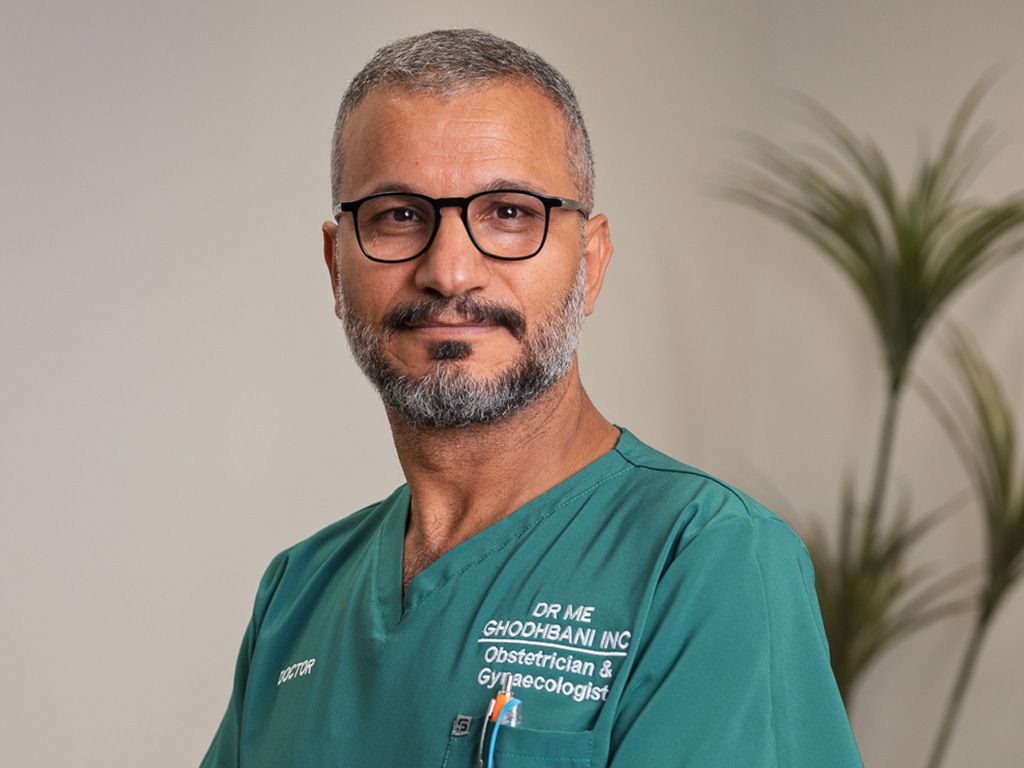Mandela Day Launch of CANSA Tele Counselling
Drickus Maartens • July 10, 2020
This Nelson Mandela Day the Cancer Association of South Africa (CANSA) gives back to cancer patients, those affected by cancer and caregivers by launching its CANSA Tele Counselling service. This is confidential, professional, cancer-related telephonic counselling to cancer patients, caregivers and their families and parents or guardians of children living with cancer. Counselling is available in seven languages (English, Afrikaans, isiXhosa, isiZulu, siSwati, Sesotho and Setswana) and is free of charge.
#CANSATeleCounselling #ConnectWithHope #MandelaDay
Gerda Strauss, CANSA’s Head of Service Delivery says, “We challenge all to take action and to inspire change this Mandela Day, by donating and sponsoring 67 minutes of counselling. Help us with the costs and expenses to run the service and provide continued in-service training and debriefing sessions to counsellors. We don’t want to add the burden of payment for these sessions to those who are already battling, so we need your help. Even Madiba, when he was first diagnosed with prostate cancer in 2001, reached out to CANSA and benefitted from our support and we’d like to be there for more patients and loved ones and connect with hope. Our launch includes a webinar in mid-August to health professionals to celebrate this Tele Counselling, in addition to our face-to-face counselling services since 1931.” Donate here.
CANSA has been developing an in-house telephonic counselling service for some time as cancer takes a psychological, emotional and physical toll on cancer patients. This service has just been accelerated due to the limited specialised support available to cancer patients, their caregivers and families during the lockdown period, when face-to-face contact and limited virtual support is not always possible as a result of the COVID-19 pandemic.
Strauss adds, “Patients are feeling frustrated and despondent as they struggle to access vital support services. A cancer patient’s low immunity and high infection risk for COVID-19, results in anxiety and social distancing and hygiene measures add to a feeling of isolation even as lockdown levels are eased. So, this is the perfect time to launch the telephonic counselling. The establishment of this service will not only serve patients during this difficult period, but will become a permanent care and support offering, enabling patients who live far from our Care Centres to also access support and in a language of choice. It’s available during normal business hours.”
“We’re thrilled and thankful that we can partner with Novartis and Roche who made it possible for CANSA to establish and set up this specialised support system in place for cancer patients and loved ones,” concluded Strauss.
CANSA Tele Counselling can be accessed via the CANSA Help Desk on 0800 22 66 22 toll-free to make an appointment with a CANSA counsellor. Or send an email to counselling@cansa.org.za.
For more information, please contact Lucy Balona, Head: Marketing and Communication at CANSA at email lbalona@cansa.org.za. Call 011 616 7662 or mobile 082 459 5230.














